Jenny Brodbelt: My doctoral adviser Graham Cook continues to inspire me. He seems to have boundless energy – pioneering analytical methodologies and advanced instrumentation in vastly different areas of mass spectrometry, and encouraging innovation among his group members and collaborators. He has a great spirit of adventure. He treats everyone with respect and enjoys discussing science with newcomers and experts alike.
Oliver Fiehn: Lothar Willmitzer, former Director of Molecular Physiology at Max Planck Institute in Germany. He pushed me forward in my career by being interested in my work, asking questions, and not pretending that he was a know-it-all.
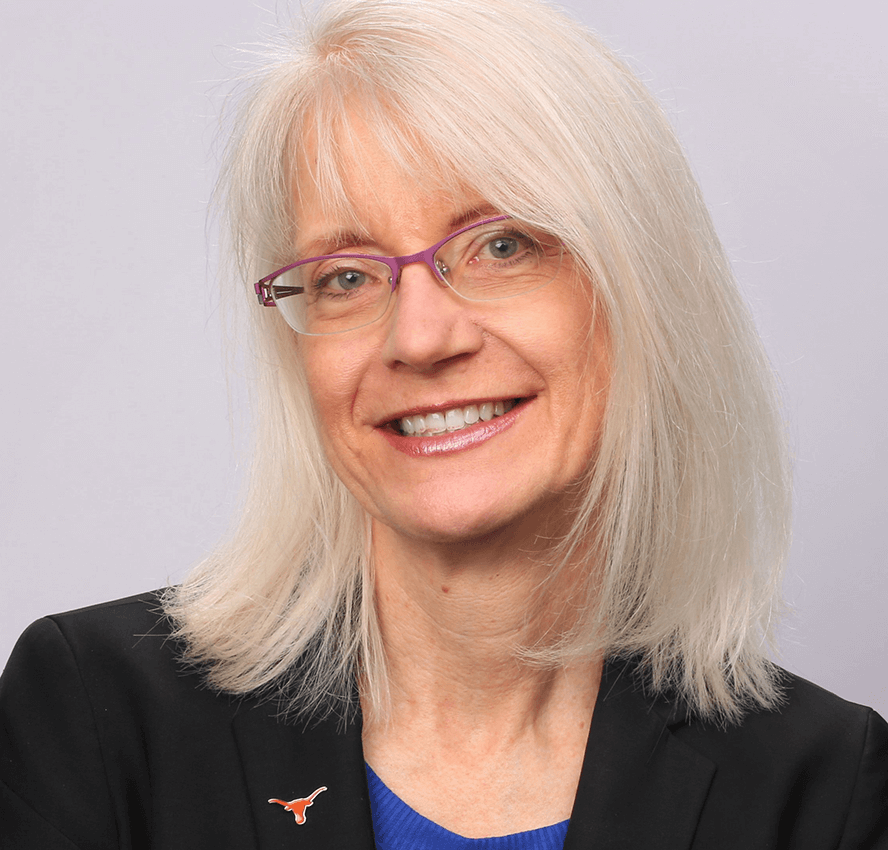
Jenny Brodbelt
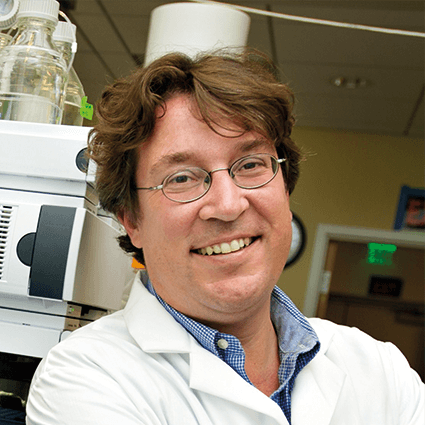
Oliver Fiehn
Deirdre Cabooter: My biggest source of inspiration is Gert Desmet – the promoter of my Master and PhD thesis, who remained a close collaborator and friend. I feel truly humbled and honored to be able to continue my work with him knowing how large his influence and impact are in the field. Gert is enthusiastic, inspiring, and motivating with a very kind character. He never says, “That sounds like a bad idea!” – even when I am doubtful myself. He’s always up for a challenge and encourages me to act the same.
Paola Dugo: During my PhD, I spent six months in the lab with Keith D. Bartle – a very important mentor who always provided encouragement and approved research plans with enthusiasm. If I asked him for advice on solving a problem, his response was always, “You are the expert!”
Some other prominent mentors during my career include Carlo Bicchi, who showed me how to use gas chromatography in a perfect environment, and Harold McNair, who created a special atmosphere and encouraged me to progress with my chemistry studies.
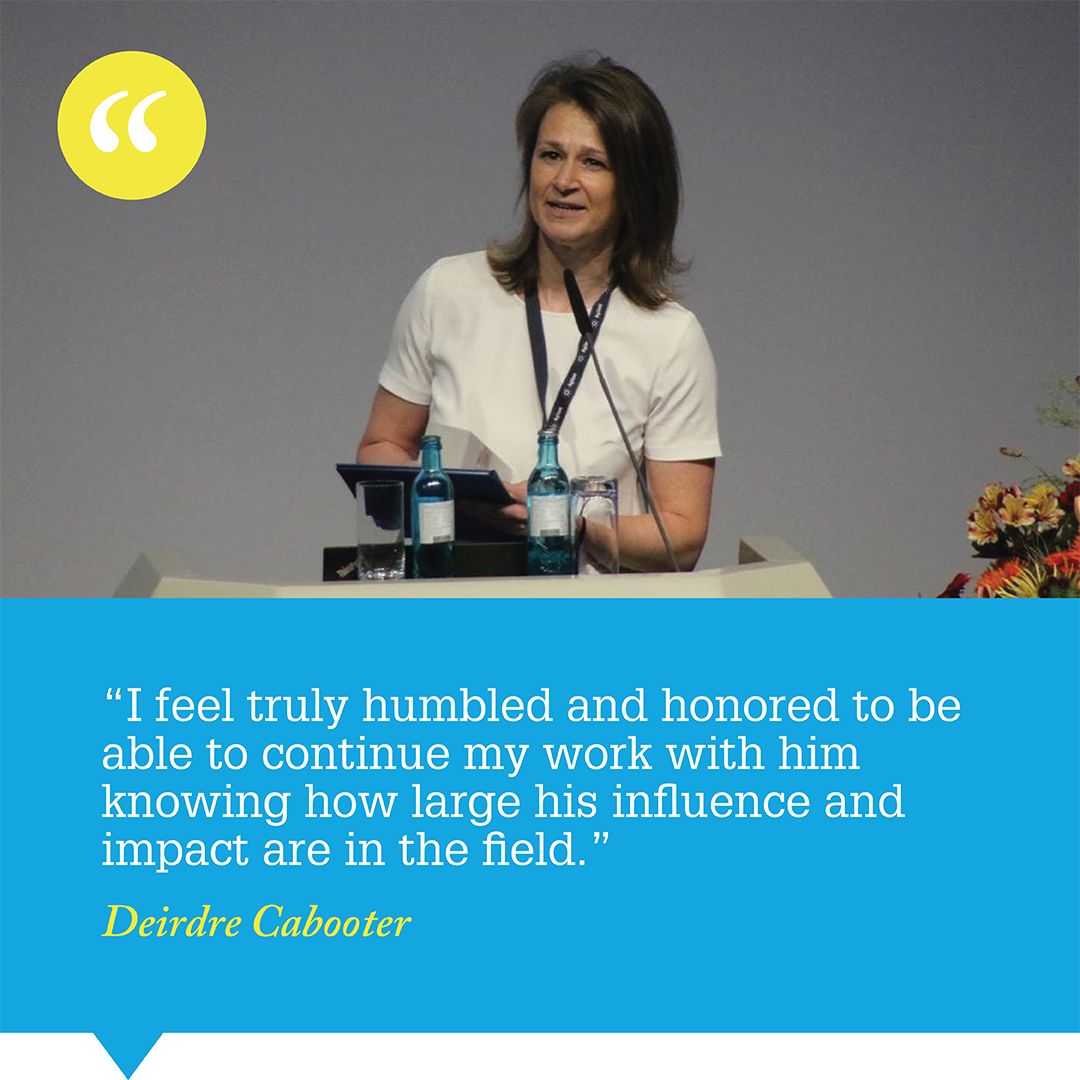
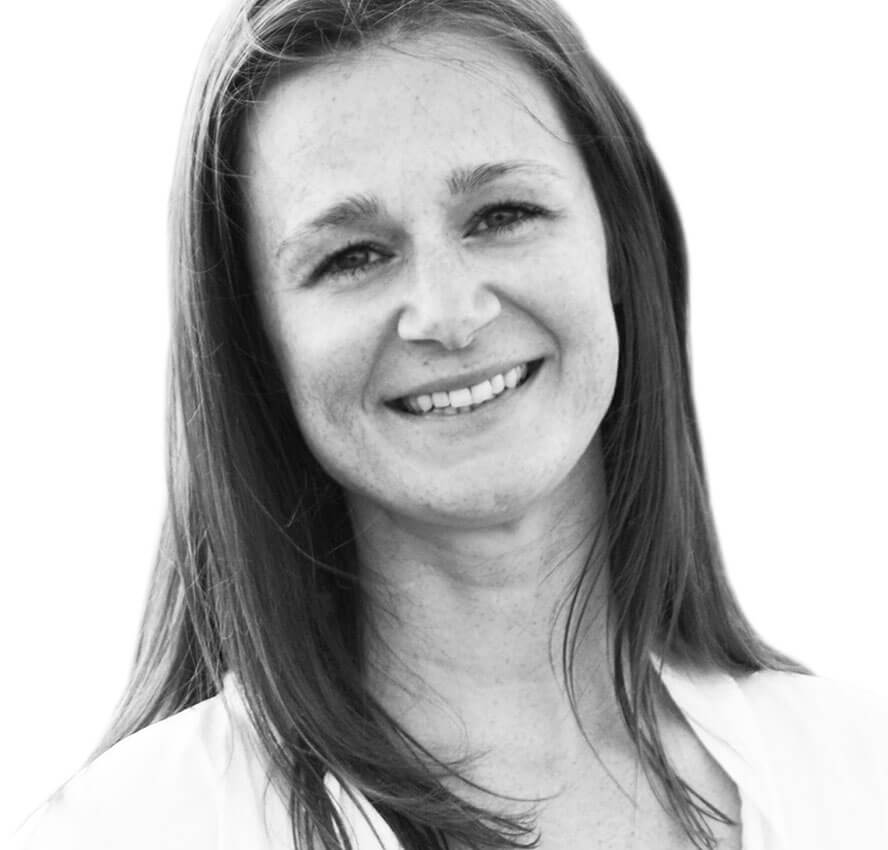
Deirdre Cabooter

Paola Dugo
Robert Kennedy: My PhD and Postdoc advisors, Jim Jorgenson and Mark Wightman, were creative, hard-working, and enthusiastic – great role models as mentors and scientists. Additionally, Ralph Adams has always been an inspiration to me from afar as the first person to put electrochemical sensors in the brain to measure neurotransmitters – an amazing example of bioanalytical chemistry before it was even called that. More than that though, he was revered by all of his students and colleagues as a charismatic figure. Together, this cohort really helped develop analytical neurochemistry as an interdisciplinary discipline.
Facundo M. Fernandez: I’ve had many excellent mentors, but two that stand out are Richard Zare and Vicki Wysocki. I will be eternally grateful for the time and energy they devoted to helping and guiding me – providing down-to-earth advice and inspirational approaches to the field.
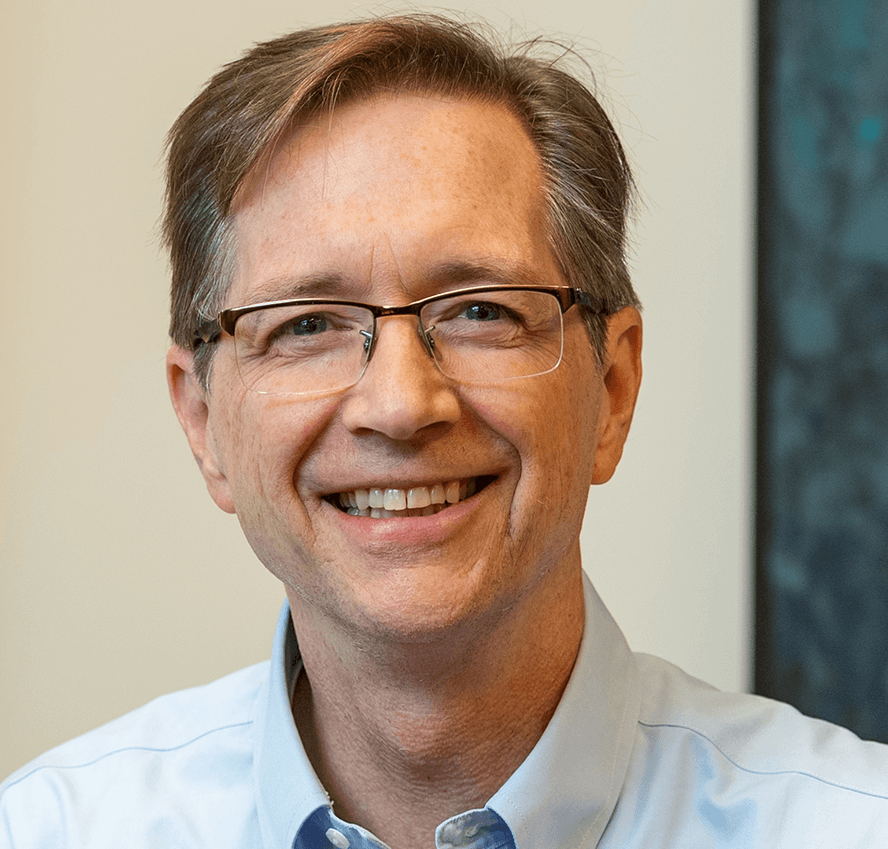
Robert Kennedy
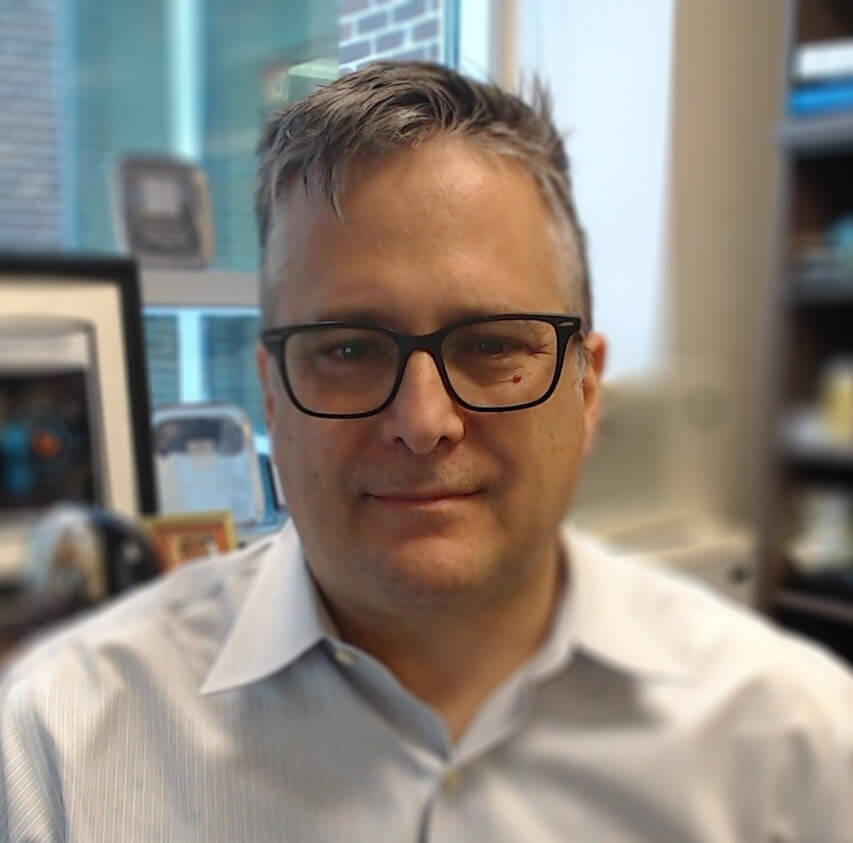
Facundo M. Fernandez
Facundo M. Fernandez: I’ve had many excellent mentors, but two that stand out are Richard Zare and Vicki Wysocki. I will be eternally grateful for the time and energy they devoted to helping and guiding me – providing down-to-earth advice and inspirational approaches to the field.
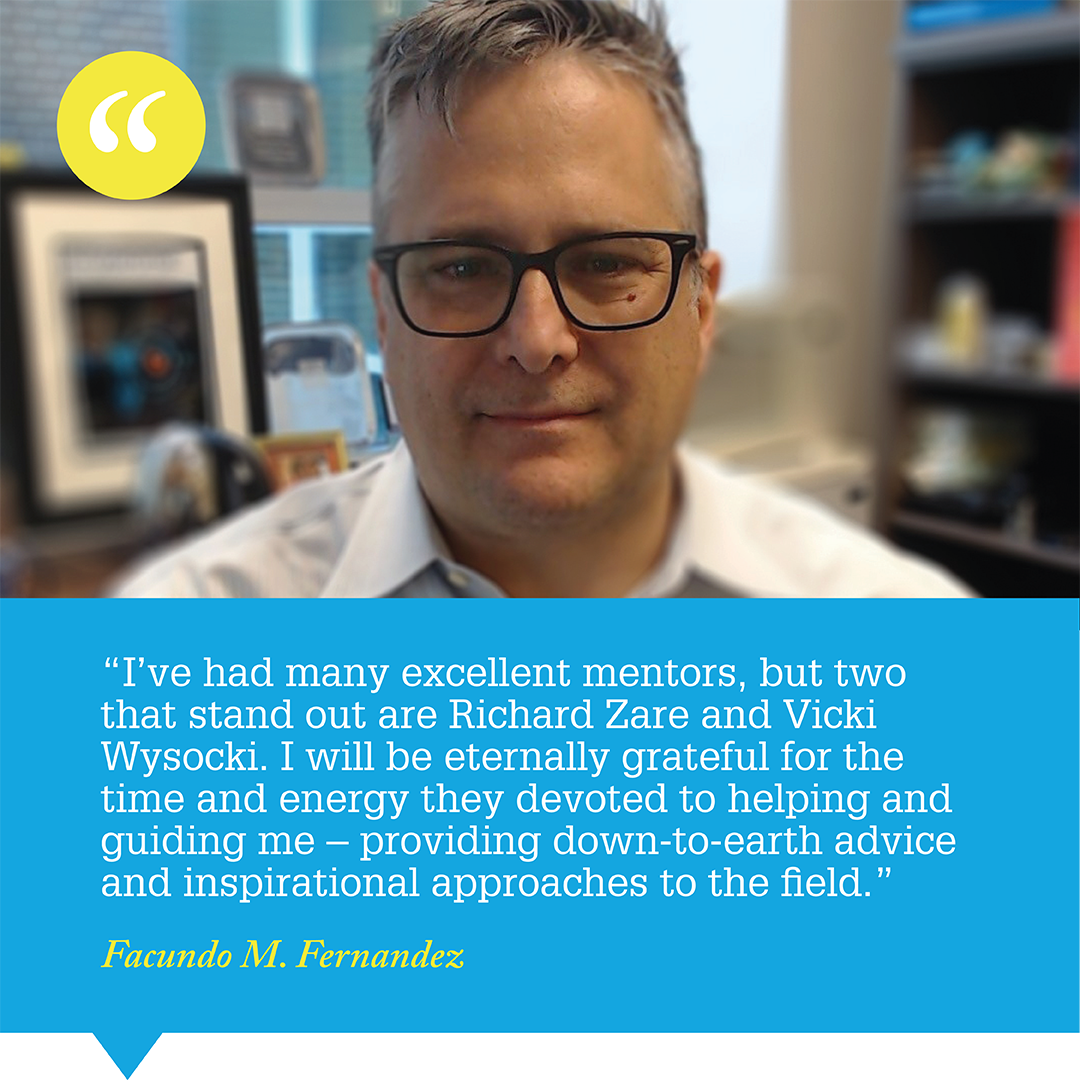
Facundo M. Fernandez
Gary Hieftje: My doctoral research advisor Howard V. Malmstadt had a great influence on me. Alongside providing resources and support, he also gave me the freedom to pursue the research directions I chose with confidence. The effectiveness of this approach is clear from the many graduates of his program that later assumed faculty positions at some of the most prestigious analytical chemistry schools across the world. Howard’s dedication to teaching and research in an educational institution is reflected in the attitudes and careers of most of those graduates – myself included.
Chuck Lucy: There are multiple mentors that come to mind. My PhD supervisor Fred Cantwell had great patience and an incredible grasp of the fundamentals. My postdoc supervisor Pete Carr had a great passion for science. Both Fred and Pete were equally passionate about supporting their mentees. There was also Gary Christian and Sandy Dasgupta, who had no reason to take me under their wing, yet provided me with incredible support while I was starting with my independent career. And most recently, Dan Harris – I used his textbook to teach my whole career. After becoming a co-author of his textbook, I realized how much he mentors instructors through his text. I endeavor to help instructors to educate and inspire the next generation of analytical scientists.
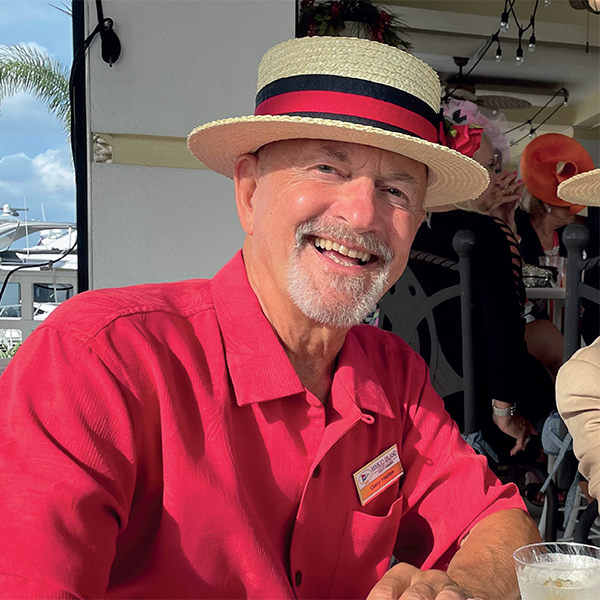
Gary Hieftje
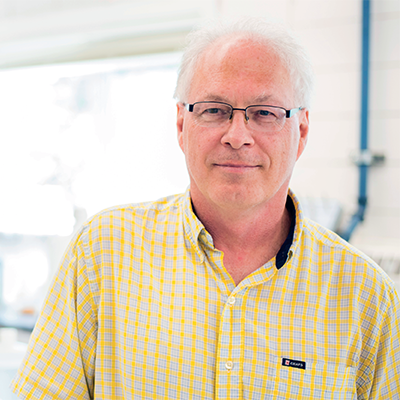
Chuck Lucy
Phil Marriott: Keith Bartle at the University of Leeds was instrumental in my career. As well as providing key references for job applications, Keith connected me with his research colleagues to further progress my studies. This first connection with Ally Lewis led to our paper on GCxGC analysis that was published in Nature in 2000. At a later date, Keith introduced me to Luigi Mondello – starting our collaboration on GCxGC with essential oils. The rest – as they say – is history! It is scientific match-making such as this that Keith nurtured, forming the basis of important collaborations. He actively seeks out researchers who can bring multidisciplinary solutions to problem solving, starting the process for various multidisciplinary projects.
Scott McLuckey: Graham Cooks was my thesis advisor at Purdue and has had the greatest impact on my journey as a scientist. His levels of creativity, curiosity, and effort are inspirational. I can’t begin to list the important lessons I learned from Graham, but one thing sticks with me is his ideology that we are all unique, which requires developing an approach that is consistent with our own personality, priorities, and so on. For this reason, I have always observed other scientists I admire and sought to adapt the practices that lead to their success and work for my personality.
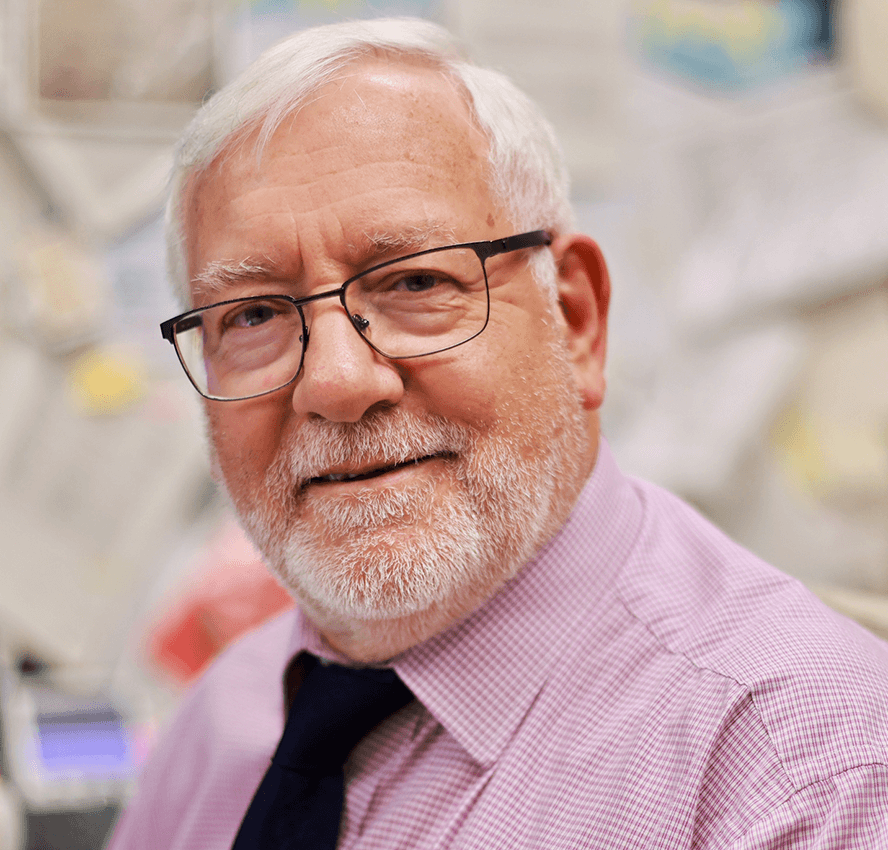
Phil Marriott
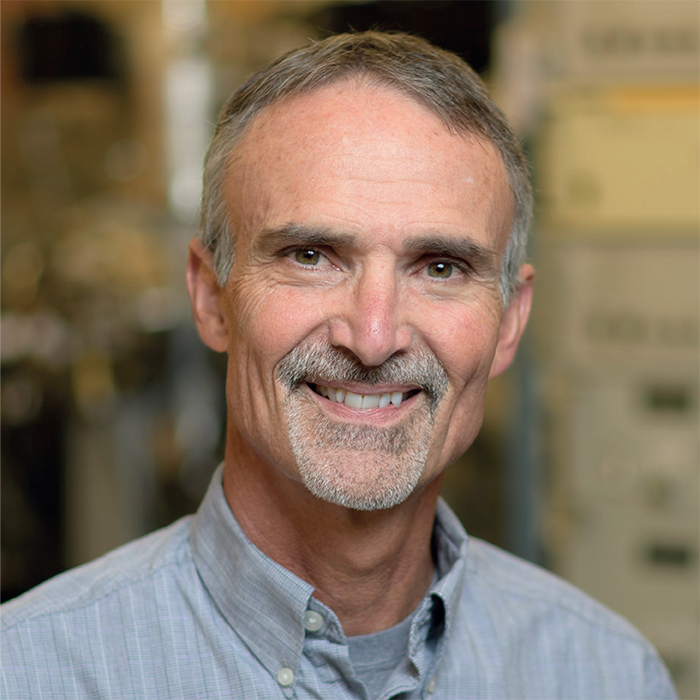
Scott McLuckey
Bhavik Patel: I have been fortunate to have many inspiring mentors and educators over the years. One that stands out is my PhD supervisor Danny O’Hare, who taught me three important words that govern my way of thinking in analytical science: “fitness for purpose.” This has resonated in my approach to educating students and directing the way my research group approaches tasks.
Frank Svec:vI have had three important mentors in my scientific career. After finishing my postdoc, I was looking for a project to start my time as an assistant professor at the University of Prague. I started working with glycidyl methacrylate but was unable to produce usable beads – so I turned to Jiri Coupek for support. With Jiri’s expertise in the field, I began to understand the principles and my experiments started to succeed.
Another mentor that inspired me was Tatiana Tennikova, who joined my group in the second half of the 1980s. She introduced me to the details of chromatography, which deepened my polymer chemistry training and chromographic knowledge.
The last of my important mentors was Jean Frechet, who introduced me to the secrets of working in an American university environment. Without him, I would not have survived all these 30 wonderful years in America.

Bhavik Patel
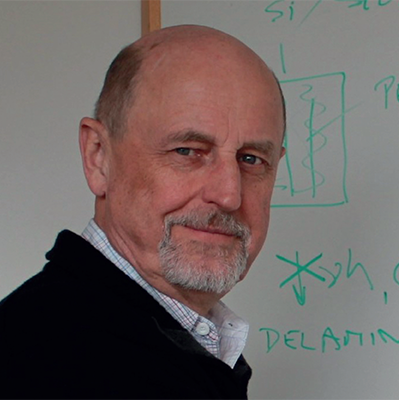
Frank Svec

Valerie Pichon
Valérie Pichon: Marie-Claire Hennion shared her passion for academic research and diverted me towards my goal of entering industry after my PhD.
Images for collage sourced from Unsplash.com | All headshots supplied by interviewees
